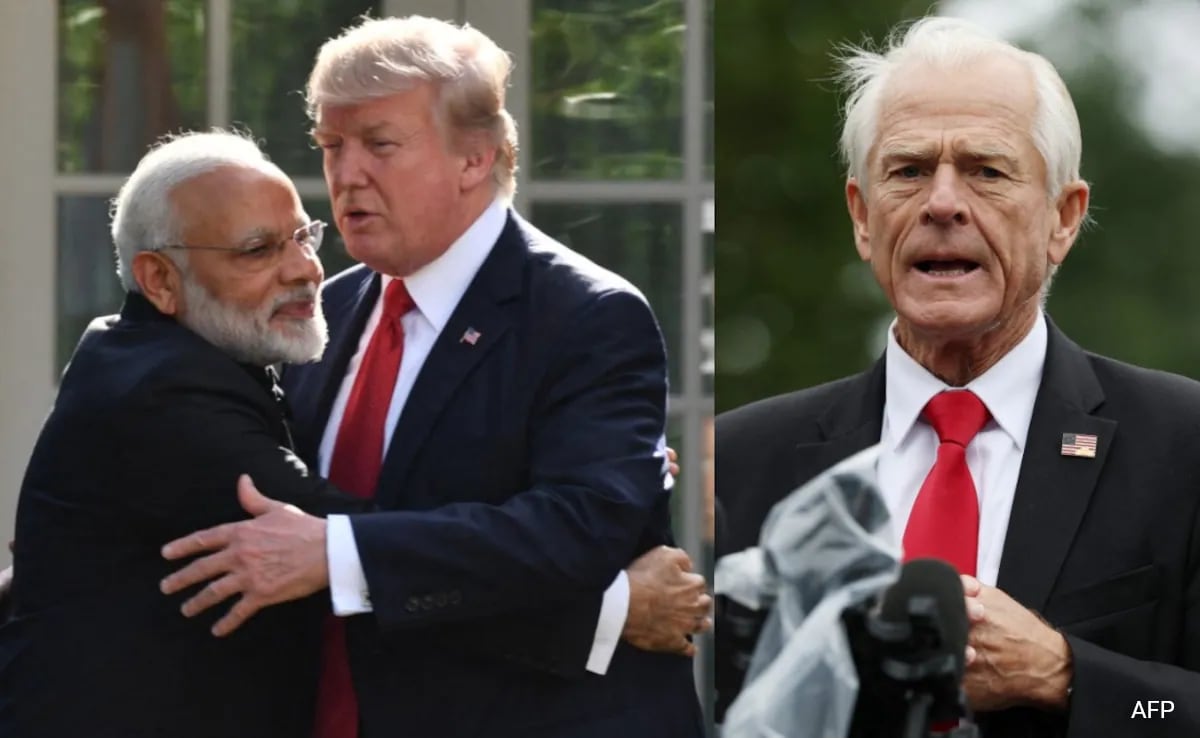Chinaâs growing confidence, however, means it wonât ever go back to being a passive player in international affairs, analysts say, and Xiâs recent hermit-like behavior can be explained as a tactical retreat as he prioritizes eliminating the coronavirus and securing his extended rule. Beijing is still focused on shaping international institutions so it wonât be a bystander in a Western-led world order.
Under Xi, Communist Party control has increased, and this more assertive approach means Beijing is even more inclined to view interactions with the outside world as transactional and less willing to compromise.
âChina is not opposed to interaction with foreigners, but its expectations and, frankly, demands are more intense,â said Evan A. Feigenbaum, vice president for studies at the Carnegie Endowment for International Peace.
China has historically oscillated between international engagement and isolation, such as when Mao Zedong largely shut China off from the world in the 1960s during the tumultuous Cultural Revolution. This was reversed in the following decade under Deng Xiaopingâs economic reforms and opening to the outside world.
Yet at the same time Deng welcomed international investment and technical know-how, there was a cautious trade-off with what he called the âflies and mosquitoesâ of allowing in Western thought.
Chinese officials, who regularly insist that isolationism is the last thing the country wants, say China is open for business and will only become more so. They talk about how deals like the Regional Comprehensive Economic Partnership, signed in November 2020, will open a new era in Asia-Pacific trade that doesnât rely on U.S. leadership.
When Donald Trump occupied the White House, Xi escalated efforts to brand China as a champion of globalization. At the World Economic Forum at Davos, Switzerland, in January 2017, he told the world to âsay no to protectionism.â Later that year, at a meeting of top party officials, he declared that China is âmoving closer to center stageâ in global affairs.
Critics saw Xiâs promises as primarily a way to score political points against the United States. Even so, he still repeats his promises regularly, including during a virtual summit with President Biden this week, where he declared that Chinaâs determination for âhigh-level opening-upâ would not waver.
Yet Chinaâs stubborn insistence on maintaining a policy of eliminating the coronavirus â even if that means keeping borders closed and regularly interrupting millions of lives with targeted lockdowns whenever an outbreak occurs â fuels the view that the country has turned inward.
For China, borders are the front line for preventing outbreaks, and Beijing has shown little sign of easing international travel restrictions.
The hard-line policy has made life very difficult for multinational corporations operating in China. The European Union Chamber of Commerce in China, in an annual survey of members released in September, said some companiesâ staffs are âgiving up on the possibility of coming back to China altogetherâ because of onerous border controls.
For Ren Yi, an influential Chinese political blogger whose grandfather was a top party official, the zero-tolerance coronavirus policy stems from Chinaâs stance that the state must âtake responsibility for everythingâ and cannot risk something like escalating infections. âIf the government changed their approach, and there were lots of cases and deaths, then there would also be very high costs,â he said.
âInternational diplomacy is a consideration, but it is not the top priority, which is domestic security,â he added. âItâs not isolationism. Thatâs not the intended result. Itâs a compromise.â
The damage that compromise is doing to Chinaâs image was apparent at the recently concluded COP26 climate negotiations in Glasgow.
Ahead of the conference, Xi raised expectations for a breakthrough when he said China would stop building coal-fired power plants abroad, adding to an earlier pledge to ensure that the countryâs carbon dioxide emissions would decline by 2030 and reach net zero by 2060.
Climate activists had hoped that China, a self-described champion of developing nations, would raise its ambitions further at the summit, but the outcome was mixed. Enthusiasm over an unexpected but mostly aspirational promise of cooperation with the United States was dampened by China and Indiaâs push to ensure that the COP26 agreement used the term âphase downâ instead of âphase outâ when addressing coal. As with the coronavirus, domestic considerations â in this case over energy security â trumped international outreach.
Global forums are not the only place where China is becoming more cautious about its international engagement. The countryâs economic planners have redoubled efforts to boost domestic demand and technological âself-relianceâ to secure supply chains against external shocks.
But continued growth of Chinaâs economy stills depends heavily on trade and investment flows. âThose suggesting an inward turn seem to think that China has a choice whether to increase its engagement with the rest of the world or not,â said Stella Hong Zhang, a postdoctoral fellow at the China Africa Research Institute at the Johns Hopkins School of Advanced International Studies.
Rather, Zhang suggests, this is a case of China âreorienting its diplomatic focus from the developed to the developing world,â as part of its efforts to reduce reliance on Western markets and technology, as well as âbypass some Western countries, or more specifically the U.S.,â in its supply chains.
China may choose to reduce trade with a particular country, but it still relies on economic globalization to propel growth, she said. âI donât know anybody in China, even the nationalistic hawks, suggesting that China should revert its course of the past four decades and close up its economy.â
To that end, Xi has attached himself to a series of high-profile initiatives that bind China more closely with the global economy. In 2013, he announced the Belt and Road Initiative to boost commercial ties and Chinese influence across Eurasia. Both that plan and his overarching foreign policy ambition of âbuilding a community for the shared future of mankindâ were written into the party charter in 2017, making them essential pieces of his legacy.
But even for Xi, Chinaâs most powerful leader in decades, taking on a global leadership role has proved difficult. As he has intensified efforts to share what he calls âChinese solutions and wisdomâ with the world, a lack of transparency and mixed signals have undermined Beijingâs efforts to find friends and build influence outside of a small number of partnerships with countries like Russia and Pakistan.
The careful balancing act facing China was underlined at a Monday forum by Chen Deming, a former commerce minister, who asserted there was âno doubtâ that China was opening.
âThe key question is what kind of systematic opening is both suitedâ to a socialist country and the global economy, he said.
Ng Han Guan
AP
Xi Jinping, speaking at Beijingâs Belt and Road Forum in 2017, is projected on a screen near a sculpture depicting Chinese explorer Zheng He, who traveled across Asia and East Africa in the early 1400s.
Lyric Li in Seoul contributed to this report.
.png)











 English (United States) ·
English (United States) ·  Turkish (Turkey) ·
Turkish (Turkey) ·